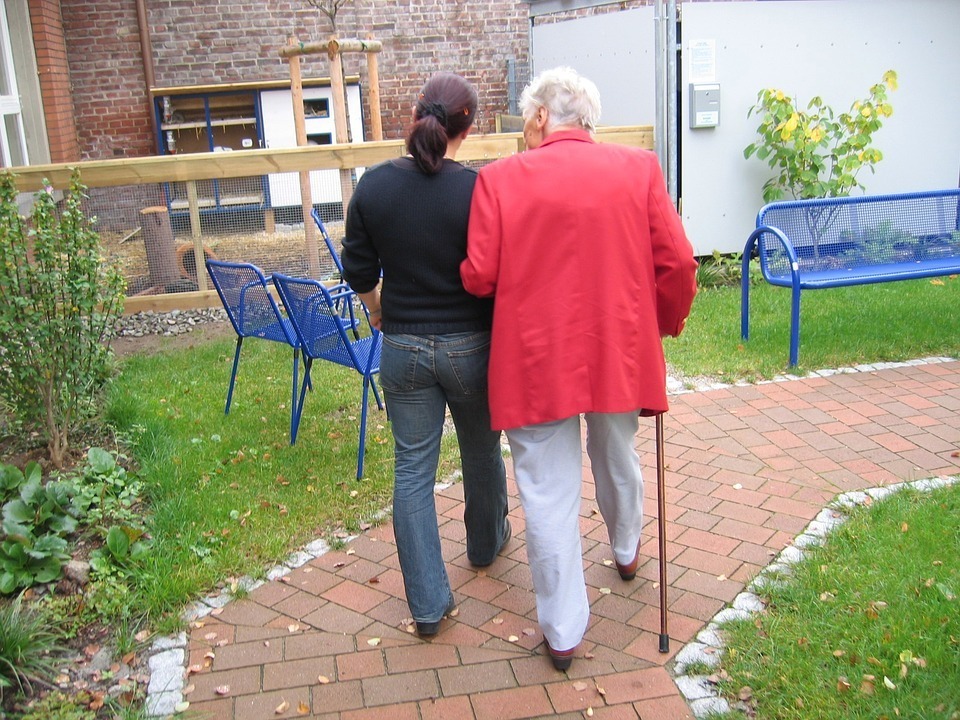Aging is inevitable! We all will have to pass through that cycle once in our lives. It is sad to see our older adults age and get afflicted with ailments. While ailments related to joints, muscles, heart disease, and breathing poses challenges, dealing with dementia or Alzheimer’s patients can create more challenging issues. There is a chance that these people will forget facts and tend to get violent or move out of their house. Family members might not have the skill to tackle this and will eventually need help.
Today, there are a few ways in which you care for your parents who have dementia or Alzheimer’s. One of the best options is to opt-in for the memory care facilities in Minnesota or initially start caring for the patient at home. Usually, care occurs in two stages.
The initial non-retaliating phase
Even though dementia and Alzheimer’s progress are relatively predictable, it still affects patients in different ways. For instance, during the initial phase, a patient has mild forgetfulness attacks, which the family members can manage. If your parent is in this stage, you can implement the following:
-
Be patient – You must stay patient with your parent suffering from Alzheimer’s as they forget facts and incidents. It is the initial signs that they have the disease and that you can’t let them know about it. Hence, you must provide them assistance and love to go about their day seamlessly, without feeling depressed.
-
Get a home caregiver – During the initial phase, it is necessary to appoint a home caregiver to assist your parent. That doesn’t go on to say that you will not offer your company and time. A home caregiver is an added help. The home caregiver is like a company to your parent and will remind them to take their medicines and other activities. For instance, your parent might forget they have eaten a meal or wash their mouth after completing the meal. It is essential for the home caregiver to gently guide your parent to rinse their mouth or not think they are hungry.
-
Making necessary arrangements – As the day progresses, people with dementia and Alzheimer’s will develop specific habits. For instance, they might want to wear the same clothes or eat the same food every day. It is necessary for you and other family members to loving cope up with these situations. For instance, you can get identical dresses and attires and guide the home caregiver accordingly to make your parent believe that they are wearing the same dress. In terms of food, you can cook one repeating item and ensure that your parents get to see and eat that. It will keep them calm and make them feel that things are going their way.
Your parent suffering from Alzheimer’s will gradually develop more symptoms that you will need to address with medical aid. At all times, you need to keep the medication on and keep reporting to your family doctor for any abnormalities, so that they can decide the future course of action.
The stage when Alzheimer’s deteriorates
There will come a time when your parent’s Alzheimer’s will start to get worse. It is a phase when they will begin to throw tantrums and might become violent. Convulsions and becoming violent are two traits that are common with Alzheimer’s patients. And here you need to care for them differently. You need to search the Alzheimer’s care directory and get them admitted to a memory care home. Usually, assisted living communities have a separate memory care unit, and you can opt-in for that. Here, some medical professionals and caregivers have the expertise and skill to look after your parent professionally and better. However, your duty doesn’t end once you admit them to the memory care unit. You need to implement a few other tasks as well. First and foremost, you need to ensure that a memory care unit is the right place for your parent to stay. Check the reputation through Google and read the reviews.
Also, it is essential to understand how the memory care unit functions. It would be best if you kept a tab of the staff who are managing your parent daily. Also, you need to check if they are providing the meals and medicines on time. Check whether there are community activities aimed towards better thinking and cognizance development in the unit. Is there a provision for any emergency? Furthermore, it would help if you frequently visited the facility to ensure that your parent is in good condition.
It is necessary to know that you shouldn’t force your ailing parent to fit into a memory care home. Instead, it would be best to search for a care facility that will cater to their requirements and treat them correctly.

